Speaking with Dan Tri reporter, Dr. Phan Phuong Nam, Deputy Head of the Faculty of Commercial Law, Ho Chi Minh City University of Law, commented that tax evasion by taking advantage of policies and tax liability differences between enterprises, business households, and individuals is not unique but quite common.
Enterprises can create an ecosystem of households and individuals who act as “henchmen” to legitimize revenue and reduce taxes payable. The difference in tax calculation and collection between enterprises, households and individuals has been exploited.
According to the 2019 Tax Administration Law and guiding documents such as Circular 40/2021 of the Ministry of Finance , business households and individuals without legal status, previously often applied the lump-sum tax mechanism. Tax is calculated based on fixed revenue, not requiring full accounting books.
Notably, if the total revenue in the calendar year does not exceed 100 million VND, business households and individuals do not have to pay value added tax and personal income tax. This policy facilitates small businesses, but also unintentionally poses the risk of being exploited by bad guys.
When actual revenue is large but divided among many households or individuals, the tax payable will be much lower than the actual obligation.
Meanwhile, enterprises - that is, companies with legal status - are subject to more stringent laws. According to the Enterprise Law 2020 and the Tax Administration Law 2019, enterprises are required to keep full accounting records and prepare annual financial statements.
Regarding taxes, enterprises must comply with specialized laws such as the Law on Value Added Tax 2008 (amended and supplemented in 2013, 2014, 2016, 2022), the Law on Corporate Income Tax 2008 (amended and supplemented in 2013, 2014, 2020) and decrees and circulars guiding their implementation.
Accordingly, businesses must pay value added tax (commonly at 5-10%), corporate income tax (levied on profits), personal income tax deducted from employee salaries, business license fees... and many other taxes depending on the field.
The fundamental difference is that business households and individuals enjoy tax-free revenue thresholds, while enterprises do not. Once a company is established, it is mandatory to declare and pay taxes in full according to the law. This is also the reason why many cases seek to "hide" as business households or business individuals to reduce the tax burden.
The difference in legal regulations partly explains the situation where thousands of billions of dong in revenue can be "split up" to avoid taxes.

A bank employee is checking the money (Photo: Manh Quan).
According to Dr. Phan Phuong Nam, Vietnam's tax system is still in the process of being perfected, aiming to be compatible with international practices. The State has a policy to support business households to transform into small and medium-sized enterprises through policies on finance, legal advice, administrative procedures...
"It is necessary to make policies more practical. At the same time, authorities need to monitor the close links between businesses, business households, and individuals, and have a warning system on the basis to conduct inspections and audits," said Mr. Nam.
According to Mr. Nam, management agencies need to build a monitoring and early warning system to detect "hidden links" between businesses and business households and individuals - which are key links in many organized tax evasion models.
On October 3, Hoang Huong (38 years old, from Phu Tho province) was prosecuted by the Ministry of Public Security's Investigation Police Agency for violating accounting regulations causing serious consequences.
Businesswoman Hoang Huong founded Hoang Huong Pharmaceutical Joint Stock Company. She is a pharmacist, entrepreneur and a familiar face on social media platforms.
According to the investigation agency, Hoang Huong has 18 companies, 25 business households and 44 individuals in her name doing business in the ecosystem established by the female pharmacist to sell functional foods, health protection foods and some other products.
Initial investigation results determined that, in order to commit tax evasion, Hoang Huong directed employees to apply revenue to business households and individuals who registered for business. From January 2021 to June 2025, Hoang Huong left nearly VND 1,800 billion in revenue off the accounting books, incorrectly declaring nearly VND 2,100 billion in revenue according to value-added tax regulations.
Source: https://dantri.com.vn/kinh-doanh/khoi-to-hoang-huong-lo-hong-thue-bi-loi-dung-de-tron-nghia-vu-20251004112420798.htm








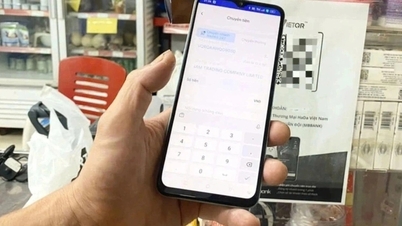


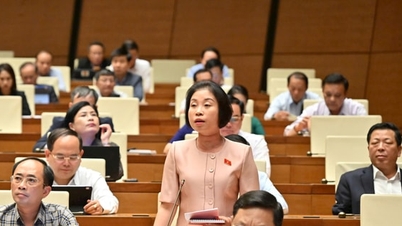



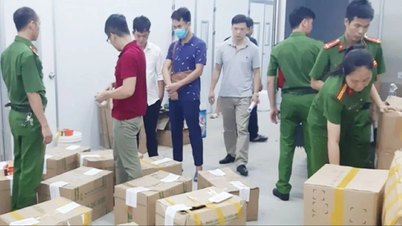








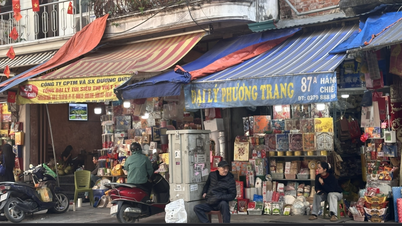

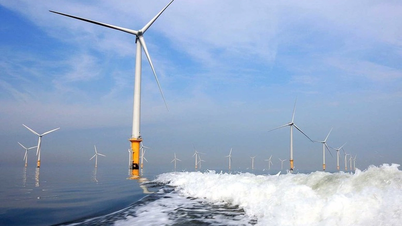






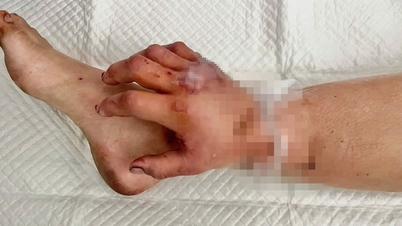







































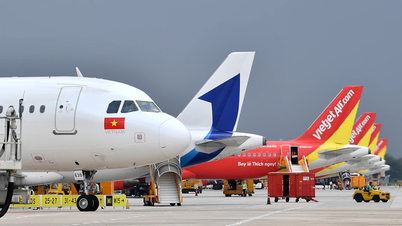







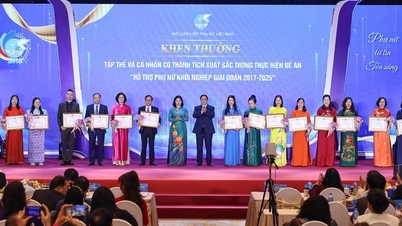











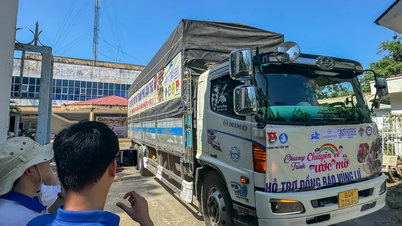














Comment (0)